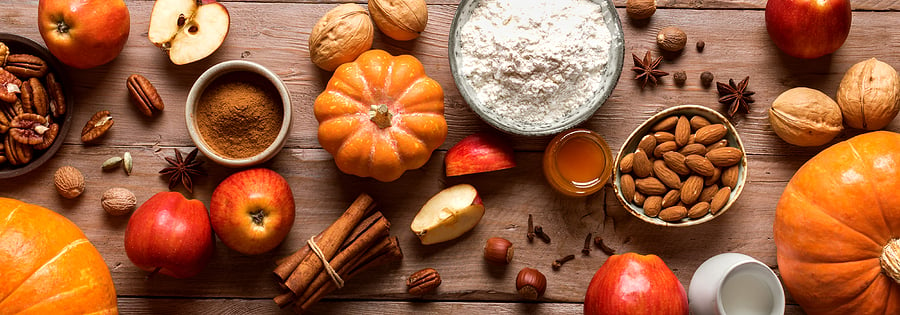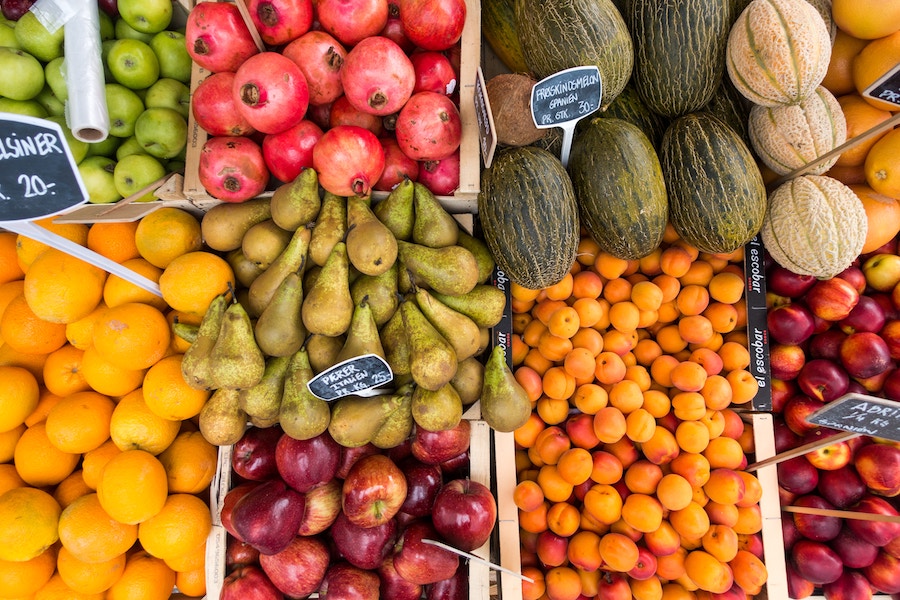
Luxury Retirement Living Sarasota
5 Health Benefits of Pumpkin
- September 22 2025
- Sarasota Bay Club
.jpeg)
With fall right around the corner, few foods capture the spirit of the season quite like pumpkin. More than just a symbol of autumn décor or the star of holiday desserts, pumpkin is a nutritional powerhouse that can add both flavor and health benefits to your diet. Packed with vitamins, minerals, and antioxidants, this versatile winter squash supports everything from heart and eye health to your immune system. And with so many easy, delicious recipes available today, incorporating pumpkin into your meals has never been simpler.
Related Blog: 8 Foods to Protect Your Muscles as You Age
1. Strengthens Vision & Eye Health
A deficiency in vitamin A is a common culprit of blindness, however, pumpkin is loaded with antioxidants and compounds that play an important role in the production of vitamin A. Pumpkin's bright orange color reveals its high amounts of the antioxidant, beta-carotene. Once in the body, beta-carotene converts to vitamin A.
Two other compounds found in high concentrations in the flesh of pumpkin are lutein and zeaxanthin. Pumpkin squash is one of the best sources of these two compounds which are both linked to reducing cataracts and age-related macular degeneration (AMD). Pumpkin also contains notable amounts of both vitamin E and C, which may also prevent free radicals from damaging eye cells.
2. Contributes to Heart Health
Pumpkin contains significant amounts of fiber, potassium, and vitamin C — all of which are good for keeping a heart healthy. Some studies have shown that fiber, along with healthy levels of potassium can help lower one's blood pressure and reduce the risk of having a stroke. Pumpkins may also play a role in preventing LDL (bad) cholesterol from oxidizing. In turn, lowering the risk of oxidation of LDL cholesterol particles may prevent these particles from adhering to the walls of blood vessels and restricting blood flow.

3. Supports the Immune System
Vitamin A (derived from pumpkin's beta-carotene) helps strengthen a person's immune system and fight off infection. Pumpkin's high levels of vitamin C also help promote white blood cell production. In addition, high levels of vitamin C promote faster wound healing and make cells involved in immunity work more effectively. Also aiding the immune system are pumpkins' high levels of iron, folate, and vitamin E.
4. Fights Off Cancer
Abnormal cell growth can lead to cancers within the body and free radicals help cancer cells multiply rapidly. However, antioxidants can neutralize free radicals, thus lessening the risk of developing certain types of cancers. Carotenoid compounds such as alpha-carotene and beta-carotene (both found in pumpkin) can function as free radical-neutralizing antioxidants. Studies have shown that these two compounds in particular, significantly lowered one's risk of developing stomach cancer.
5. Curbs Hunger & Snacking
In addition to being a nutrient-dense food, pumpkin is high in fiber and low in calories. This makes it an ideal food for those watching their waistline. A generous-sized portion of pumpkin is still lower in calories than many other foods, and the extra fiber helps a person feel full for a longer period of time.
There are many online recipes and cookbooks that now incorporate this squash into delicious, flavor-packed dishes that take advantage of pumpkin's health benefits. Pumpkin can be a great addition to a savory soup, it's delicious when incorporated into hummus, and baking a loaf of pumpkin bread is a great way to usher in the upcoming fall and winter months.








Leave your thought here
Your email address will not be published. Required fields are marked *